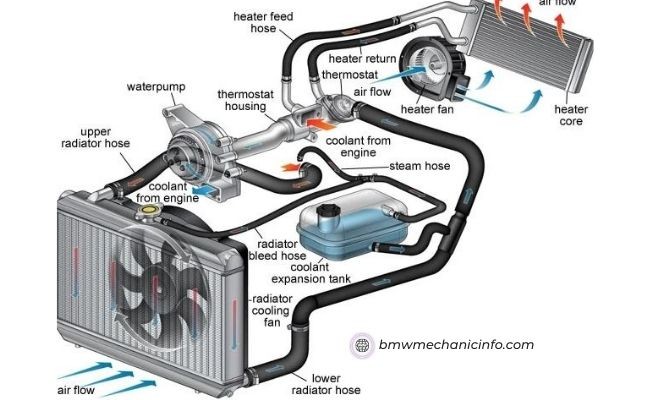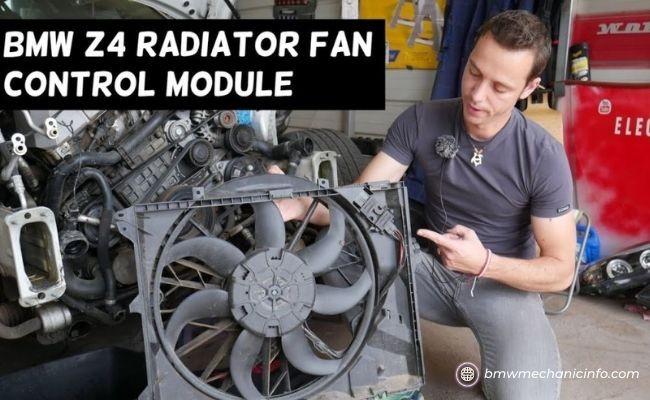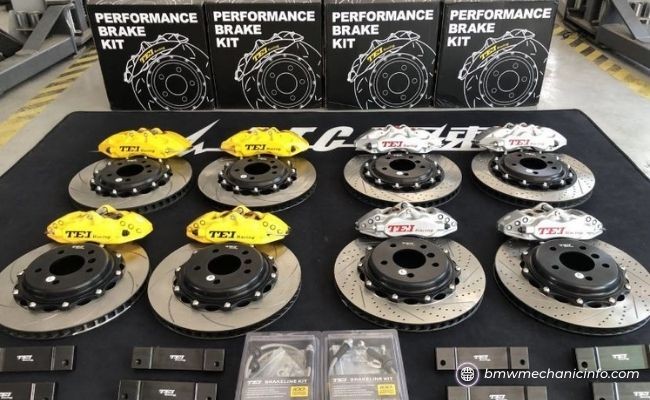If you own a BMW diesel vehicle, you know that these vehicles require special care and servicing. BMW diesel mechanic-certified technicians are trained to understand the ins and outs of your diesel engine.
Whether your diesel is a 335d or X5, a BMW diesel mechanic has the knowledge, tools, and experience to get it back on the road as quickly as possible.
BMW diesel mechanic for oil changes
Oil is the primary lubricant for your engine. It keeps the metal parts of your engine from rubbing together, prevents excess wear, and helps to maintain proper cooling. The job of a BMW diesel mechanic is to change the oil in your BMW on time and ensure that your engine maintains its optimum performance. It also helps to keep your car running efficiently and reduces the risk of costly repairs in the future.

The typical BMW owner should have their oil changed every 5,000 to 7,500 miles. However, this mileage interval may vary depending on the type of oil your vehicle uses and how you drive it.
If you’re not sure when your BMW’s next oil change is due, look for the Replace Engine Oil indicator light on the dashboard. Almost all modern vehicles have this indicator that will flash when it’s time for an oil change.
BMW diesel mechanic for Cooling System Service maintenance
The cooling system in your BMW is crucial to maintaining the health of your engine and preventing it from overheating. If your vehicle’s cooling system isn’t working properly, it can lead to major engine problems that may require extreme repairs.
The BMW engine’s cooling system is made up of a number of different components that work together to keep the engine cool and prevent overheating. Some of these components include a radiator, water pump, and thermostat. A good BMW diesel mechanic knows how to inspect all of these components and make sure they are functioning as they should be. If they spot any issues with your cooling system, they will repair them immediately.

Your vehicle’s radiator is a heat exchanger that keeps the engine cool by transferring the heat of the coolant that flows through it to air that’s blown out by the fan. The radiator is essential to the function of your car’s cooling system and should be checked regularly by a skilled BMW diesel mechanic.
BMW Radiator Repair
The radiator is a critical part of the cooling system and it helps to lower engine temperature. However, a bad radiator can damage your car and cause serious issues.
You can try some temporary repairs yourself to get the problem resolved, but if your vehicle continues to have cooling issues, you should bring it into the shop for professional repair. A BMW diesel mechanic will be able to diagnose the issue and determine if it requires a new radiator or if it can be repaired.

Radiator Clogs: If air becomes trapped inside the radiator hose or the radiator itself, it can prevent the coolant from flowing properly and will need to be removed. The technician will spray water or compressed air from the backside of the radiator to remove the air bubbles and allow the coolant to flow through the system again. A faulty radiator can also cause a leak in your cooling system and this can lead to engine overheating and other serious problems. Keeping up with regular maintenance can help you catch these leaks before they become major issues.
BMW Brakes
Brakes are a crucial part of stopping your BMW. A properly maintained brake system by a BMW diesel mechanic can prevent you from losing control of your vehicle and help keep you and your family safe on the road.
When you brake, the friction material on your brake pads pushes against the outer and inner surfaces of your brake rotor under tremendous pressure. The resulting friction slows your car down, allowing you to stop quickly and safely.

You can tell when your brake pads need replacement by experiencing pulsations in the brake pedal or feeling like your foot sinks to the floor on braking. Other signs include a loss of braking power assist, your brake warning light coming on and your vehicle pulling or wandering on braking. If your brake fluid is low, it can also affect the performance of your braking system. You should always have your brake fluid changed regularly, as it can cause spongy brakes and corrosion in the calipers and brake cylinders.






